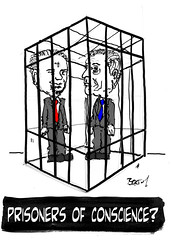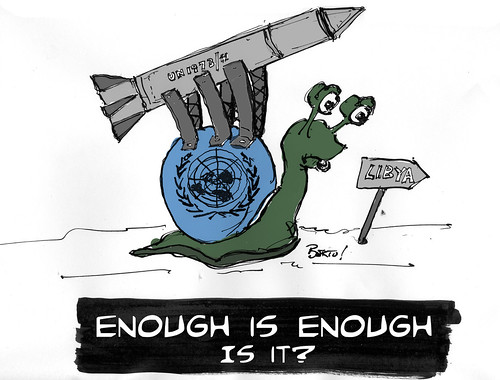You may have read by now that the J’accuse column on the Malta Independent on Sunday has been shortlisted for the “Opinion Article” section of the Malta Journalism Awards organised by the Institute of Maltese Journalists. J’accuse has often been critical of the awards themselves – especially since we could never fathom a system that requires in which you nominate yourself for the prize.
Nothing has changed since then and we do believe that one reason the nominations are not “altruistic” so to speak is the fish-pondism that curiously (and understandably) is part of journalistic culture in Malta. It’s not like we’re falling over ourselves to say how good “the others” are is it? Anyways – so why are J’accuse’s articles on the nominations list and how did they end up being shortlisted?
We have Alex Vella Gera to thank (he does not know yet). Around the time the nominations were opened AVG was supposed to get a literary prize of sorts. Alex refused to pick up the prize in protest at the obscenity case that was still open at the time – if I get this right, Alex would not receive a prize from a government that still tolerated such laws. I am sure Alex will correct me if I am wrong – he did and here is his full explanation:
I didn’t attend the awards ceremony for this reason alone: because it was held under the auspices of the prime minister, leader of the political party which runs NET TV, and which accused me and Mark Camilleri of paedophaelia (a pretty serious accusation, especially when unfounded, in this day and age). My not attending was not a non-acceptance of the prize (I need the money badly) and neither a protest against being hauled to court. I bear no grudges about that. I hope that’s clear now, although I suspect I’ll be called to correct misconceptions and inaccuracies once again soon enough. – AVG
Some people, commenting on the AVG business, said it was ironic that he was being awarded a prize when his work was being “censored” by the police and when he was actually still an accused in court. Sweet. Only Alex was not awarded the prize for “Li Tkisser Sewwi” so it was a little less ironic.
Back to us. We liked the idea of prizes for misfits. So we nominated three articles from J’accuse. The articles in question all deal with the state of journalism in Malta – something that J’accuse has taken much to heart believe or not. We did not really think we’d get very far to be honest so Kudos for the shortlisting. As an addendum we would like to add that we would have liked to nominate some blog posts for the category of e-journalism but our questions regarding the procedure for an electronic (unsigned) application remained unanswered.
Here are the shortlisted articles:
1. The Day Journalism Died (28th February 2010)
In which it is argued that Malta’s foremost programme (winner of the Best Current Affairs Programme in the Malta TV Awards) that boasts that it sets standards in investigative journalism has abdicated its responsibility. The article questions whether the ethical standards that should be upheld by investigative journalists have not been lost using the Bondi+ programme about blogging as an example.
2. A Nation Divorced from Reality (11th July 2010)
In which both censorship and divorce are examined in the light of current developments and attitudes and in which J’accuse returns to the running theme that no matter what the medium for discussion is or what the current theme is, the Maltese have difficulties reconciling themselves with the image in the mirror.
3. The Power and the Glory (28th November 2010)
In which the relationship between power and exposure/popularity is examined. J’accuse analyses the concept of “fish-pondism” or the refusal to acknowledge other sources/opinion within the journalistic/opinion column community. Is Maltese media prepared to engage with the New Media or will “fish-pondism” prevail?
It’s not really about “winning” the prize – we’d actually be surprised if we got much further than this (incidentally congrats and good luck to fellow shortlisted entries Claire Bonello and Kristina Chetcuti). It’s more about making the point in the community that should be listening.
Incidentally the Maltese blogging community is getting a shake up (and is very much alive and kicking) over on facebook thanks to Davinia Hamilton’s new page. Here’s to hoping that a new phase of cross-referencing discussion will open: still trying to find a way to create a common blogroll for Maltese blogs.





